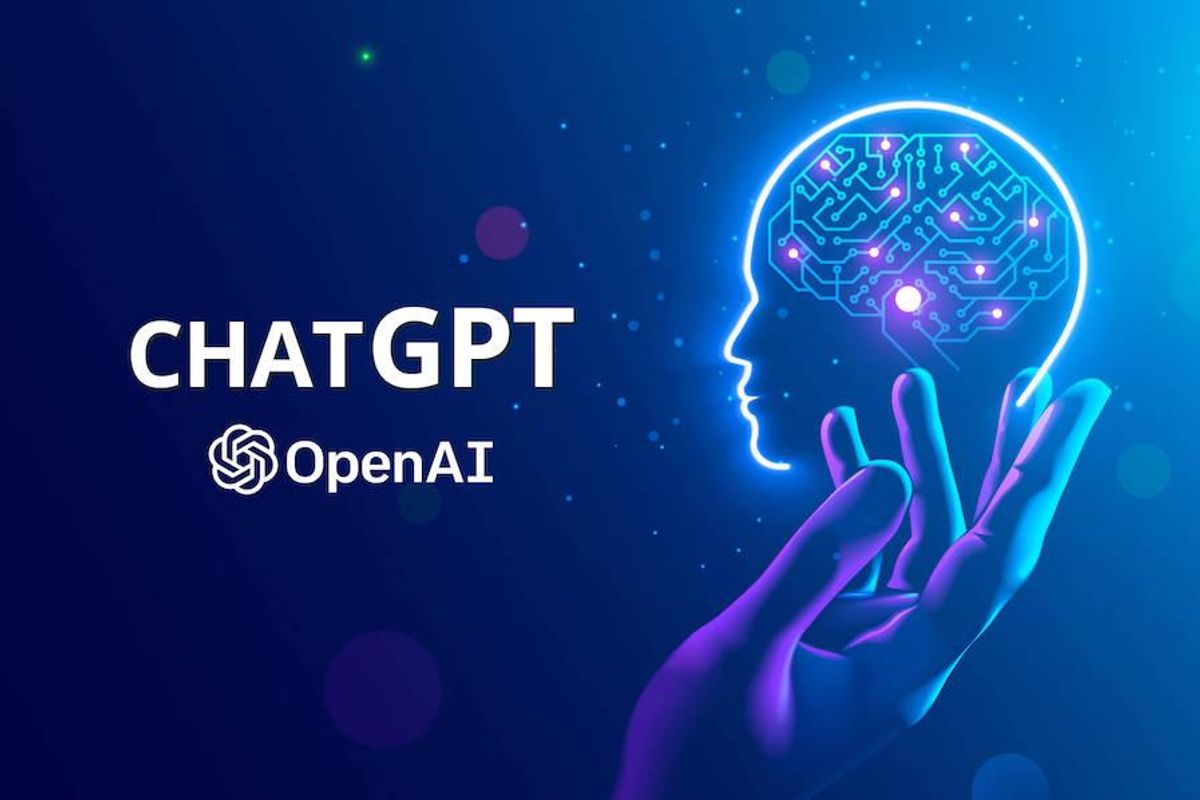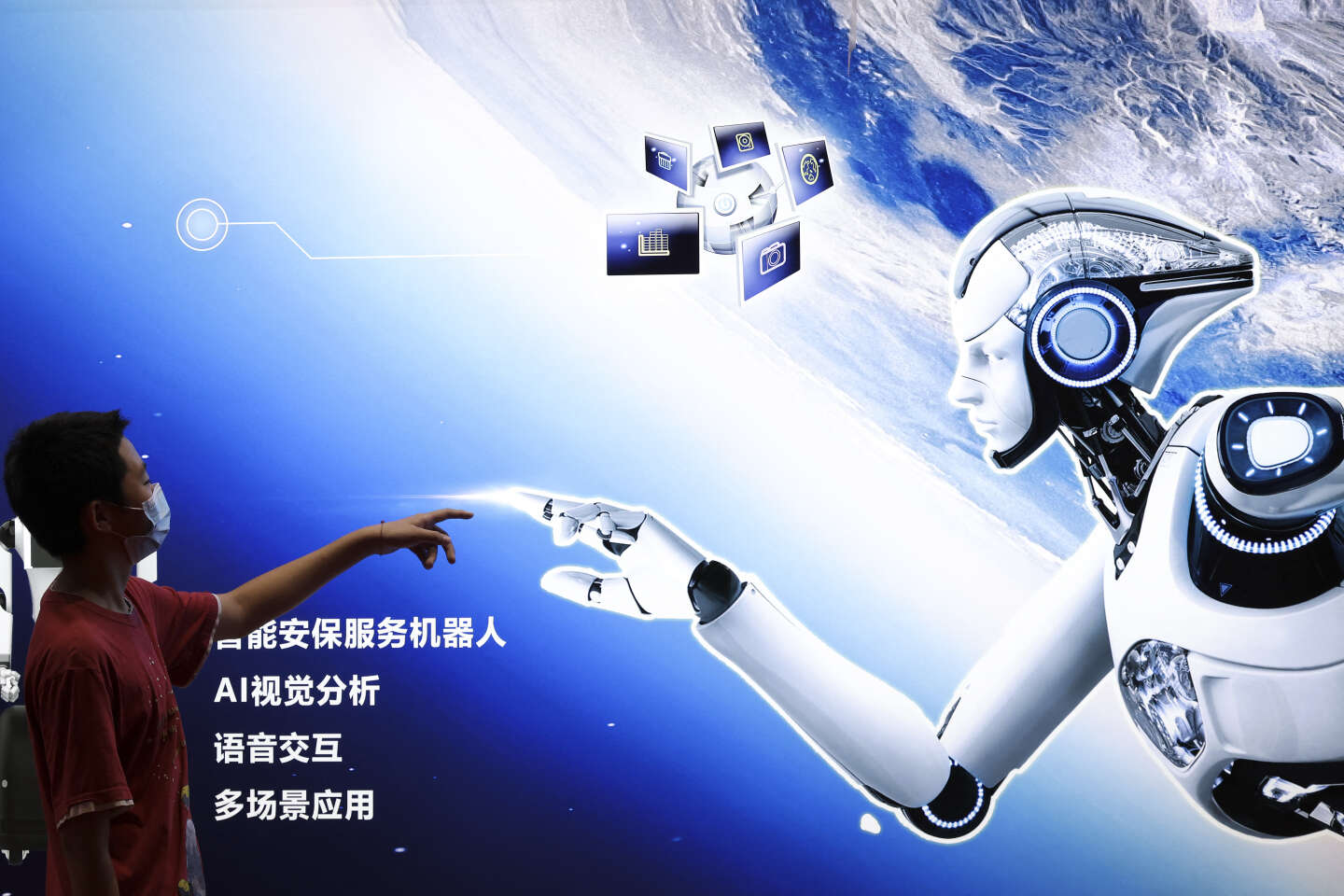In this post, we will discuss some tips for effective public speaking in the workplace, and how ChatGPT can help you improve your presentations.
ChatGPT Literacy For Corporate Teams Of All Sizes (Online Course) (Sign Up!)
1. Prepare and Practice
Preparation is key to any successful presentation. Begin by researching your topic and organizing your ideas. Make sure you have a clear understanding of your audience and their needs.
Once you have your content, practice your delivery. Rehearse in front of a mirror or record yourself to identify areas where you can improve. Use ChatGPT to get feedback on your presentation, as it can provide useful suggestions on how to make your delivery more engaging.
2. Engage Your Audience
Engaging your audience is critical to keeping them interested in your presentation. Use storytelling, humor, or interactive activities to keep them engaged. You can also use ChatGPT to help you brainstorm creative ways to engage your audience and make your presentation more memorable.
3. Keep it Simple and Clear
The simpler and clearer your message, the more effective it will be. Use simple language, avoid jargon, and limit the amount of information you present. Stick to your key points and use visual aids like graphs, charts, or images to reinforce your message.
4. Control Your Body Language
Body language can communicate as much as the words you say. Practice good posture, make eye contact, and use gestures to emphasize your points. Pay attention to your tone of voice, as it can convey confidence and enthusiasm.
5. Handle Questions and Feedback
Be prepared to handle questions and feedback from your audience. Listen carefully, repeat the question, and answer it clearly and concisely. If you don't know the answer, be honest and offer to follow up later.
ChatGPT Literacy For Corporate Teams Of All Sizes (Online Course) (Sign Up!)
Conclusion
Public speaking is an essential skill for success in the workplace. By preparing and practicing, engaging your audience, keeping your message simple and clear, controlling your body language, and handling questions and feedback, you can deliver effective presentations that get results. ChatGPT can help you improve your public speaking skills by providing feedback, brainstorming ideas, and helping you become more confident and effective in your communication.
ChatGPT Literacy For Corporate Teams Of All Sizes (Online Course) (Sign Up!)
Invest 10K Now, Harvest 10M In 10 Years https://t.co/46c9E5x24i #democracytech https://t.co/fX1Weke5np @Scobleizer @PeterDiamandis @paulg @bfeld @fredwilson @albertwenger @thegothamgal @elonmusk @jack Please RT
— Paramendra Kumar Bhagat (@paramendra) May 3, 2023



